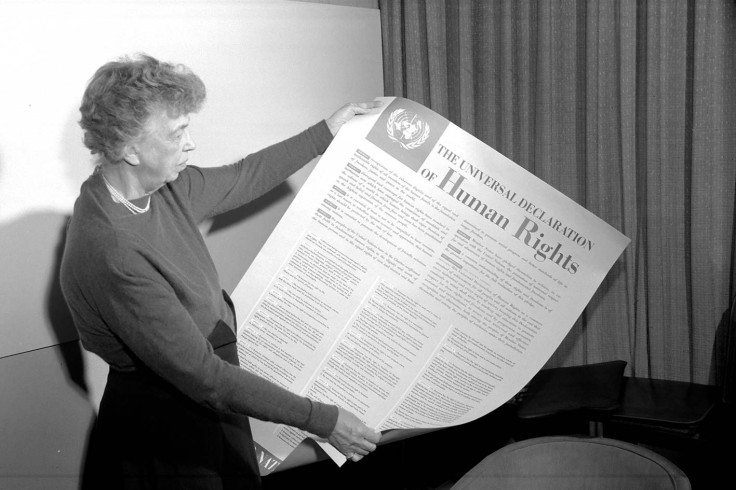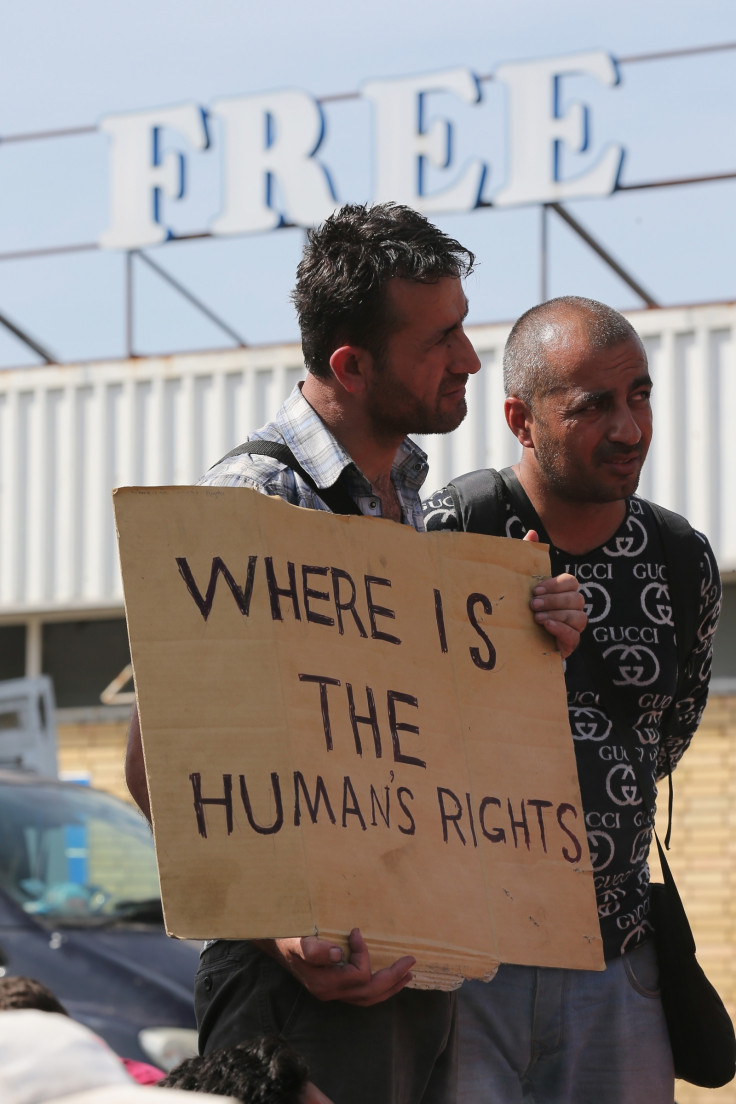Universal Declaration of Human Rights turns 70: Do you know your fundamental freedoms?
The day the historic document was signed, 10 December, 1948, came to be marked as Human Rights Day.

On 10 December 1948, the United Nations took a major step towards preserving the freedoms of every human being by adopting the Universal Declaration of Human Rights. The charter proclaimed the inalienable rights which everyone is inherently entitled to as a human being -- regardless of race, colour, religion, sex, language, political or other opinion, national or social origin, property, birth or status.
Drafted by representatives of diverse legal and cultural backgrounds from all regions of the world, the declaration establishes the equal dignity and worth of every person.
"Where, after all, do universal human rights begin? In small places, close to home — so close and so small that they cannot be seen on any maps of the world," former First Lady Eleanor Roosevelt famously said of the document and contents. "Unless these rights have meaning there, they have little meaning anywhere. Without concerted citizen action to uphold them close to home, we shall look in vain for progress in the larger world."
The declaration consists of 30 articles affirming an individual's rights, but is not legally binding. They are more or less considered guidelines by which fellow human beings should be treated. Find an abbreviated list of its tenets below:
Article 1: Right to equality
Article 2 : Freedom from discrimination
Article 3: Right to life, liberty and personal security
Article 4: Freedom from slavery
Article 5: Freedom from torture and degrading treatment
Article 6: Right to pecognition as a person before the law
Article 7: Right to equality before the law
Article 8: Right to remedy by competent tribunal
Article 9: Freedom from arbitrary arrest and exile
Article: 10 Right to fair public hearing
Article 11: Right to be considered innocent until proven guilty
Article 12: Freedom from interference with privacy, family, home and correspondence
Article 13: Right to free movement in and out of the country
Article 14: Right to asylum in other countries from persecution
Article 15: Right to a nationality and the freedom to change it

Article 16: Right to marriage and family
Article 17: Right to own property
Article 18: Freedom of belief and religion
Article 19: Freedom of opinion and information
Article 20: Right of peaceful assembly and association
Article 21: Right to participate in government and in free elections
Article 22: Right to social security
Article 23: Right to desirable work and to join trade unions
Article 24: Right to rest and leisure
Article 25: Right to adequate living standard
Article 26: Right to education
Article 27: Right to participate in the cultural life of community
Article 28: Right to a social order that articulates this document
Article 29: Community duties essential to free and full development
Article 30: Freedom from state or personal interference in the above rights






















